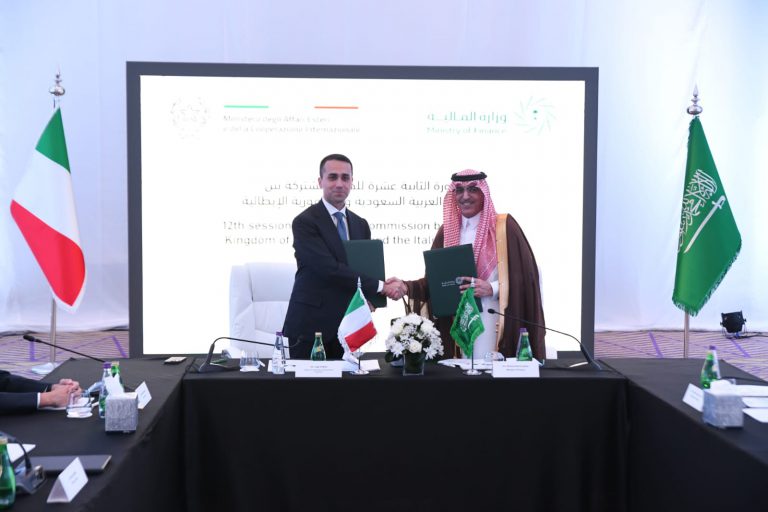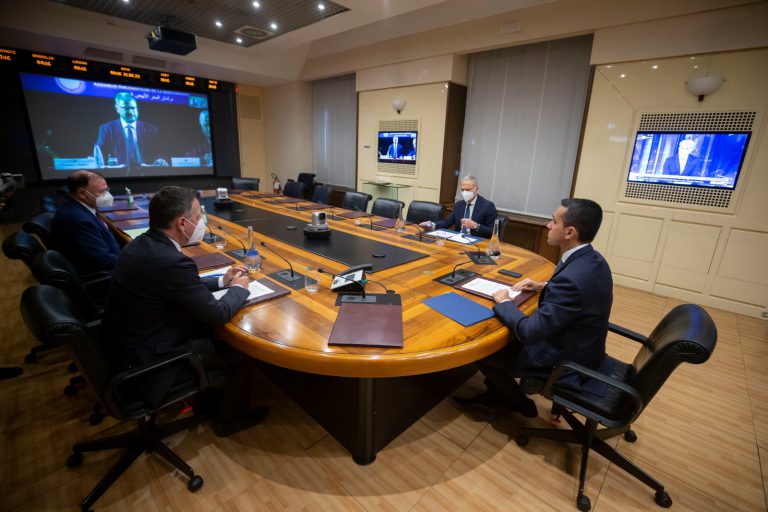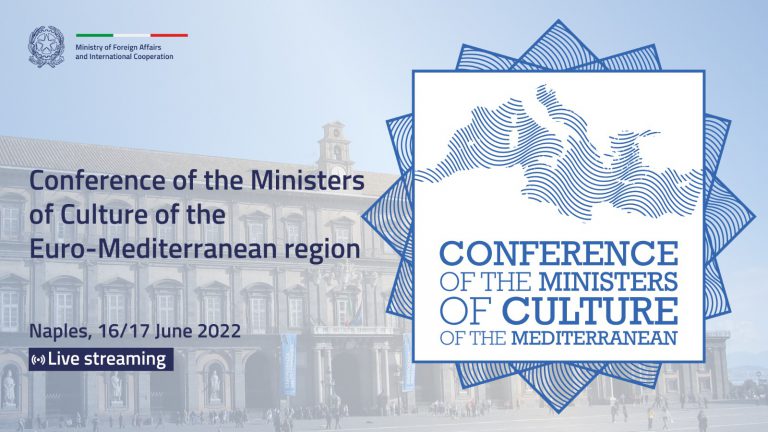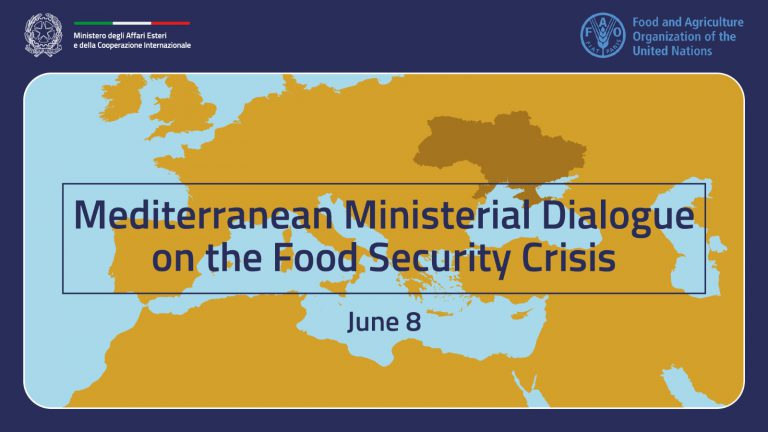That the guns are silenced could be the initial outcome of the Geneva 2 conference, so often planned and later postponed, that will be convened in Montreux on 22 January. Considering the point the struggle against the Damascus regime has reached, as well as the conflict among the various rebel factions, a ceasefire is indispensable if the humanitarian drama is to be confronted. This was Minister for Foreign Affairs Emma Bonino’s clear statement as she came out of the meeting of the Friends of Syria yesterday in Paris, a meeting that began a process that will last well beyond 22 January, and whose most important political objective is to move on to a transitional government in Damascus. In the meantime, the first step is a ceasefire. “It’s not a pre-requisite, but it is part of the negotiations”, said Bonino as she ran to catch a plane that will take her from Paris to Sierra Leone and then on to the Ivory Coast, the second and third legs – after Ghana and Senegal – of a mission to an “Africa that works, an Africa that is growing, that we must support and follow, and that could become a market for Italian goods”.
Madame Minister, what concrete possibilities are there that political and diplomatic efforts will hit the mark? What is the road map?
«The meeting in Paris was the first in a series of very specific events: on Wednesday 15 there will be a donors meeting in Kuwait, which is crucial to increasing funding for humanitarian aid; on the 17th the UNHCR will be in the Syrian refugee camps in Turkey and, simultaneously, the Syrian Coalition will meet for three days in Istanbul to discuss their participation in the Geneva 2. We are hoping that then, if all goes well, and with the mediation of UN Envoy Brahimi, negotiations will be able to begin. It is very important that the guns be silenced in order, first and foremost, to save lives; this would also make it possible to open a humanitarian aid corridor to the population. It may be that people have forgotten that the Syrian crisis is more serious that any we have ever known, including Sarajevo».
Indeed estimates are of 6 million refugees and displaced persons.
«Exactly. We have called for a ceasefire precisely because if the parties involved put their weapons aside during the negotiations it would help make it possible to aid the populations. In addition to the fact that, obviously, a ceasefire would give substance to the talks themselves. But, I repeat, this is not a pre-condition, but an integral part of the negotiation itself».
The point of the meeting in Paris with the United States, Russia, Germany, the UK and the other Friends of Syria was, however, to convince the rebels to participate in the peace conference. Were you successful? And is Iran going to be there?
«We all put pressure on the Coalition, which we are hoping will participate, pointing out that otherwise it would be a symbolic victory for Assad, who is bound by the Paris document to comply with the UN’s resolution to halt indiscriminate attacks and free all persons arbitrarily detained. Although Iran did not come up in the general discussion, I personally spoke about it with German foreign minister Steinmeier, who had already stated he was in favour. I will broach the topic again with the foreign ministers on 20 January in Brussels».
For Italy there is the question of the port for the transit of the chemical weapons. The regions involved are against it. What are you going to do?
«We have reasserted our willingness, and are performing all the necessary technical and logistical checks requested by the OPCW. We are ready, and are waiting to hear their decision that will come out on Thursday, when the OPCW will be here in Rome to brief the parliament. I hope everyone is aware and responsible, as this is the largest operation ever to destroy weapons of mass destruction».
At what point is the case of the marines in India? European Commissioner Tajani has proposed that Europe suspend its economic negotiations with India, but wouldn’t that only open us up to further reprisals?
«India’s situation is increasingly confused, the police have not yet revealed the charge, and there is the added influence of the electoral campaign that makes the authorities’ behaviour more unpredictable. I spoke with Commissioner Tajani, who explained the his proposal’s timeframe. And it is clear that everything depends on the charge: when that is formulated all the options will be on the table».







